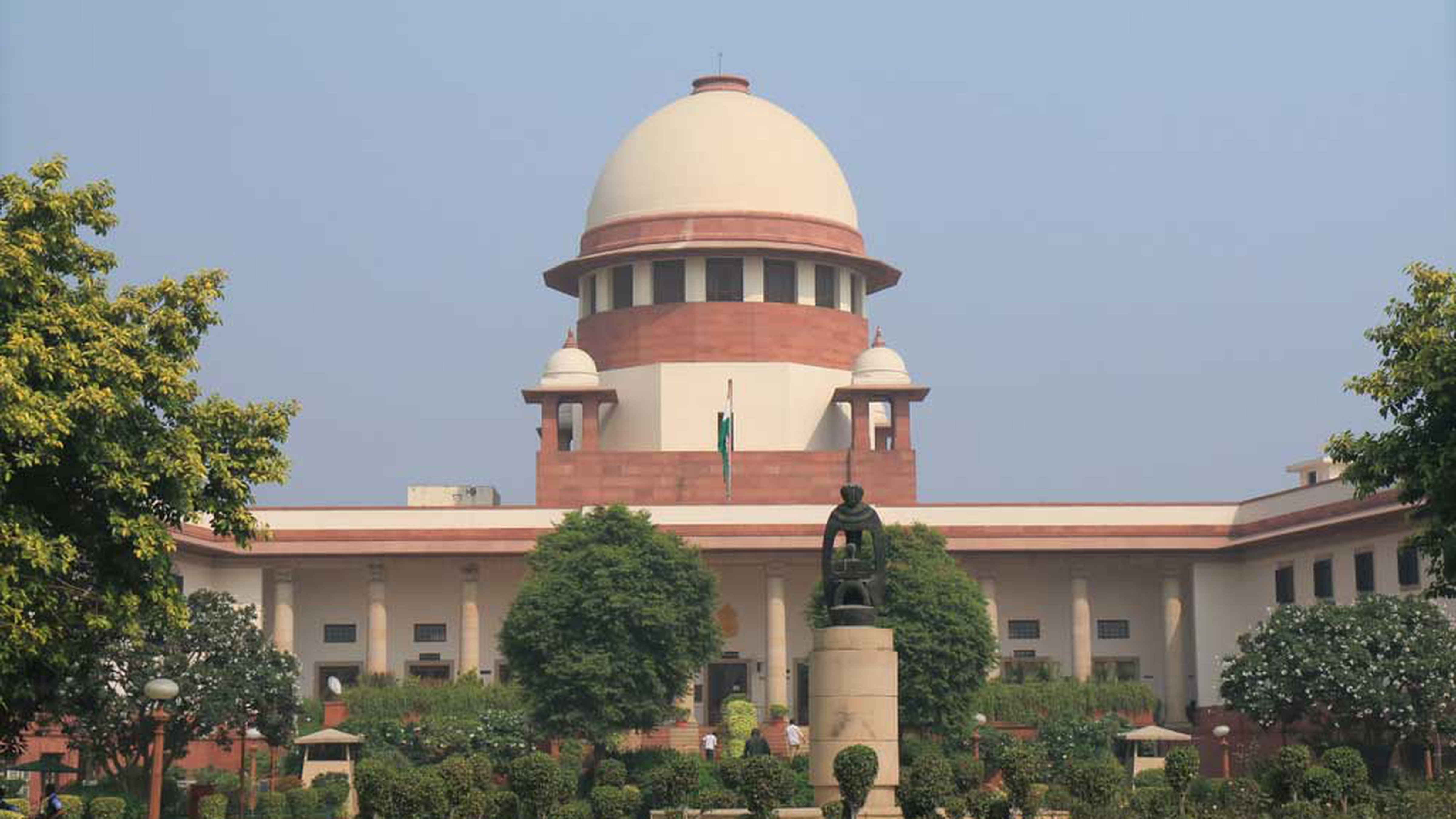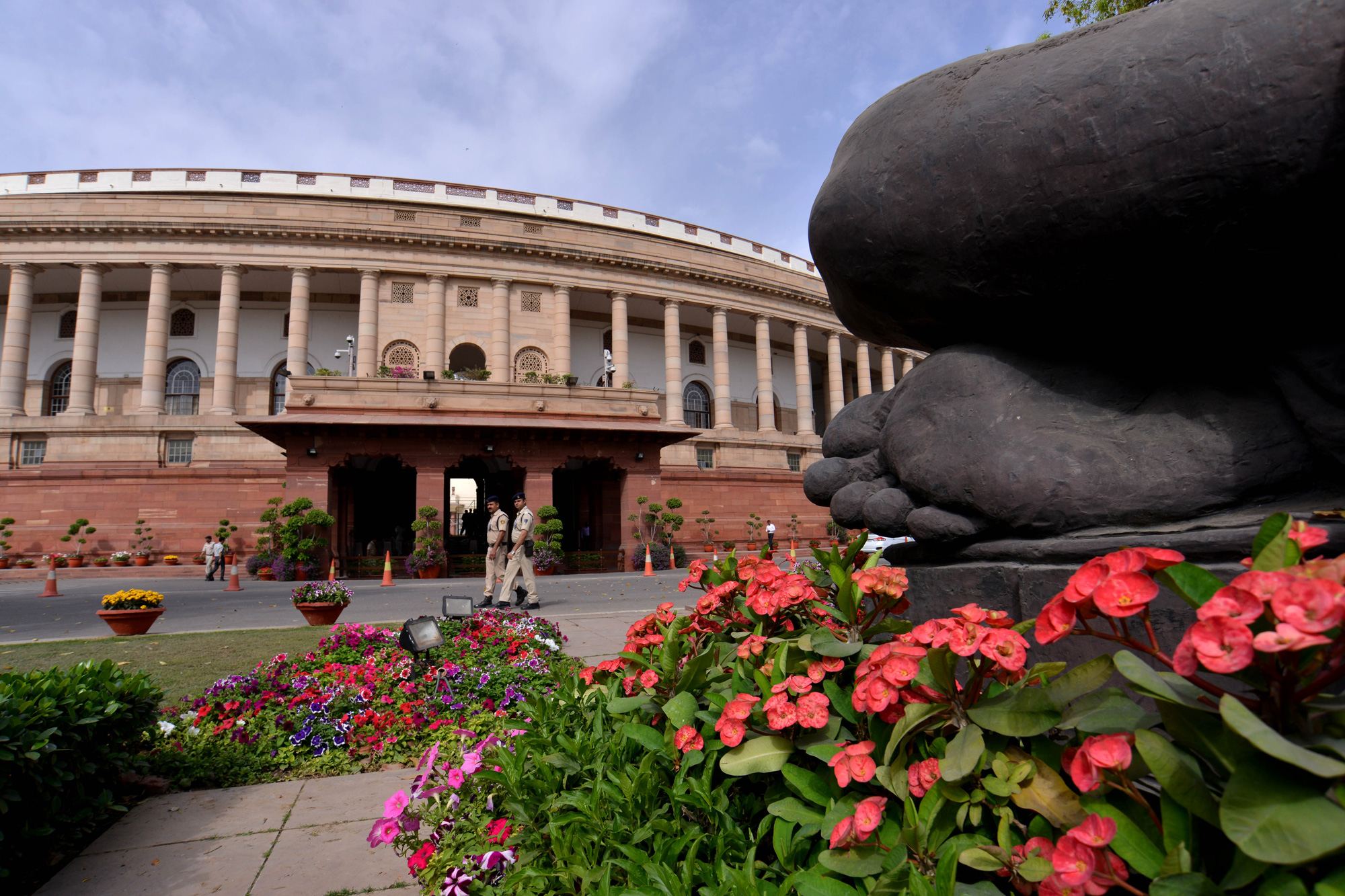An NGO has alleged in the Supreme Court that electoral bonds worth over Rs 2,000 crore had been sold in the run-up to the Lok Sabha polls and the major beneficiary appeared to be the ruling party.
Advocate Prashant Bhushan, appearing for the Association for Democratic Reforms (ADR), said the bonds were donated “definitely in the form of kickbacks before the elections”.
Bhushan told the bench of Chief Justice Ranjan Gogoi and Justices Deepak Gupta and Sanjiv Khanna on Tuesday: “Ninety-five per cent of the electoral bonds sold so far have been in favour of one political party — that is the ruling party — which are definitely in the form of kickbacks before the elections.”
He urged the apex court to stay the further issuance or purchase of electoral bonds.
According to Bhushan, most of the bonds that have been purchased since 2018 have been of denominations of Rs 10 lakh and Rs 1 crore, indicating that corporates, not common people, were purchasing them while enjoying anonymity under the scheme.
“They (the bonds) don’t carry any name as they are not obliged to do it. During the elections they have opened the floodgates to bribe… 95 per cent of the purchases totalling Rs 2,000 crore have mostly gone in favour of one party, which is the ruling party…. They are coming from companies which are giving kickbacks to the government,” Bhushan alleged.
Justice Gogoi said it would be listed before a bench for hearing on April 2.
The court was dealing with petitions filed by the ADR and the CPM challenging the NDA government’s decision to issue electoral bonds for funding polls. The ADR alleged that the bonds had been made available for a large number of days in the three months leading to the April-May parliamentary polls.
“It is expected that enormous amount of corporate funding would be received by political parties in April and May and this would play a critical role in the elections. It is known that corporate financiers use their clout to get lucrative contracts and get laws passed for their profits often at the cost of public interest. That is why many corporates are keen to fund political parties,” the ADR said.
The Supreme Court had earlier issued notices to the Centre on the two petitions challenging various amendments made to the Finance Act 2017 and the Finance Act 2016, reportedly allowing unfettered political donations by corporate houses in India and by foreign entities to political parties in the country in the name of “political bonds”.
According to the CPM, the electoral bonds would only enable corporate houses and entities with black money to anonymously donate their unaccounted cash to political parties.
The government had in December informed the Rajya Sabha that it had not received “any concerns from Election Commission on the issue of Electoral Bearer Bonds”.
Documents accessed through the Right to Information Act suggest that the director of election expenditure in the poll panel had written to the Centre on the commission’s letterhead on May 26, 2017, flagging concerns about transparency.











